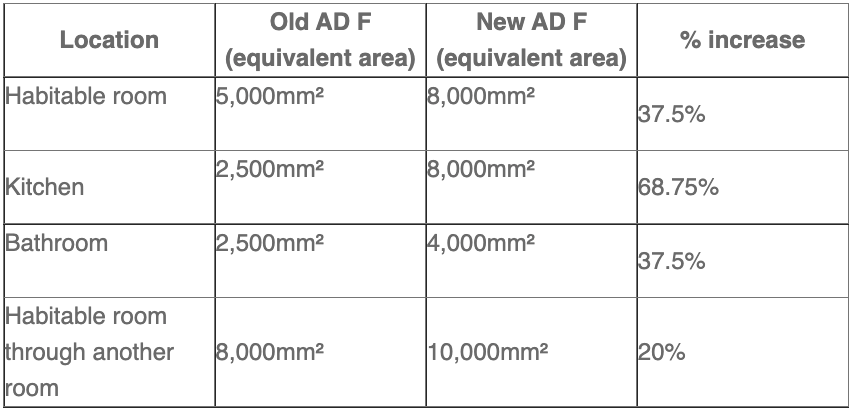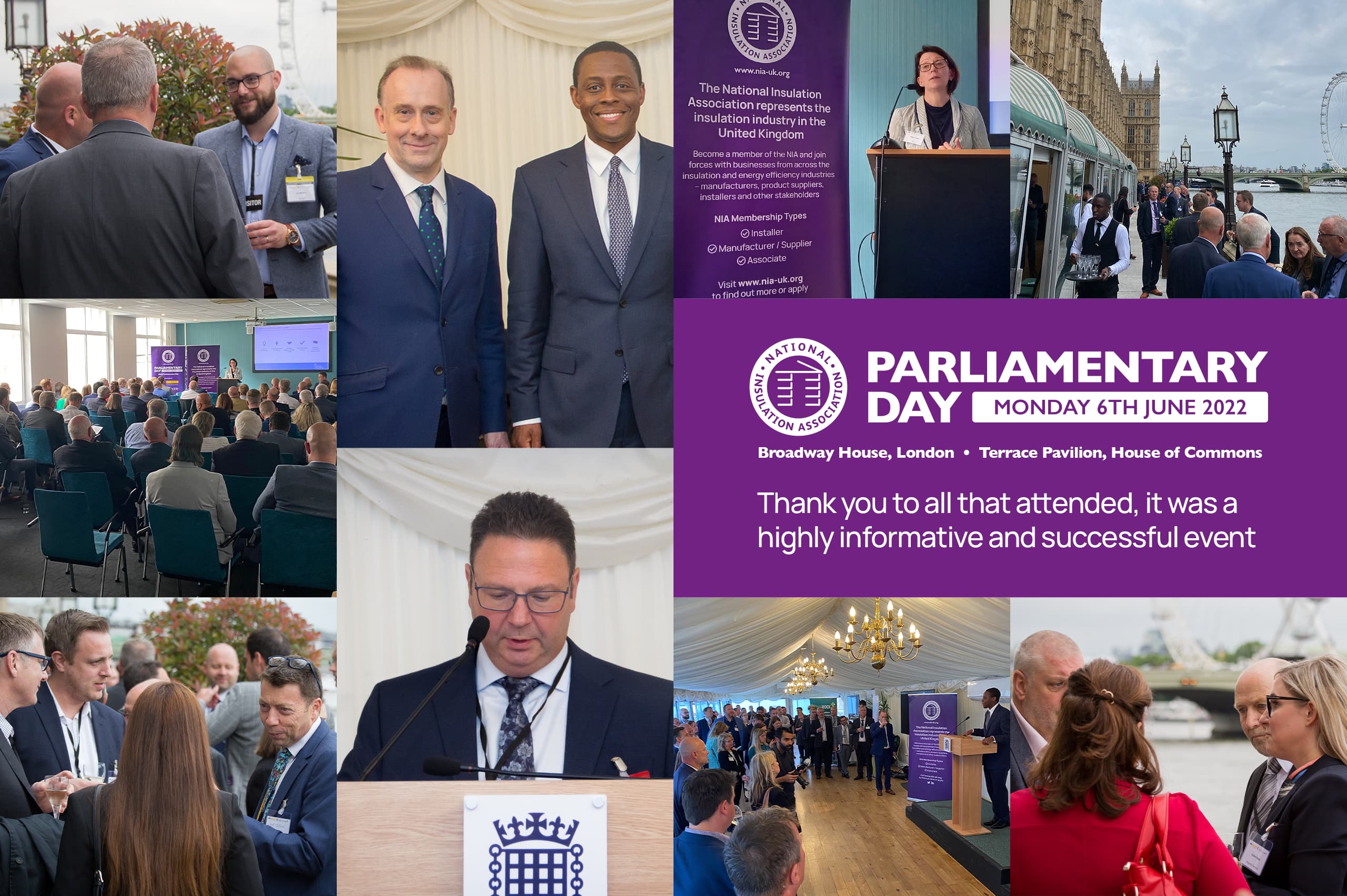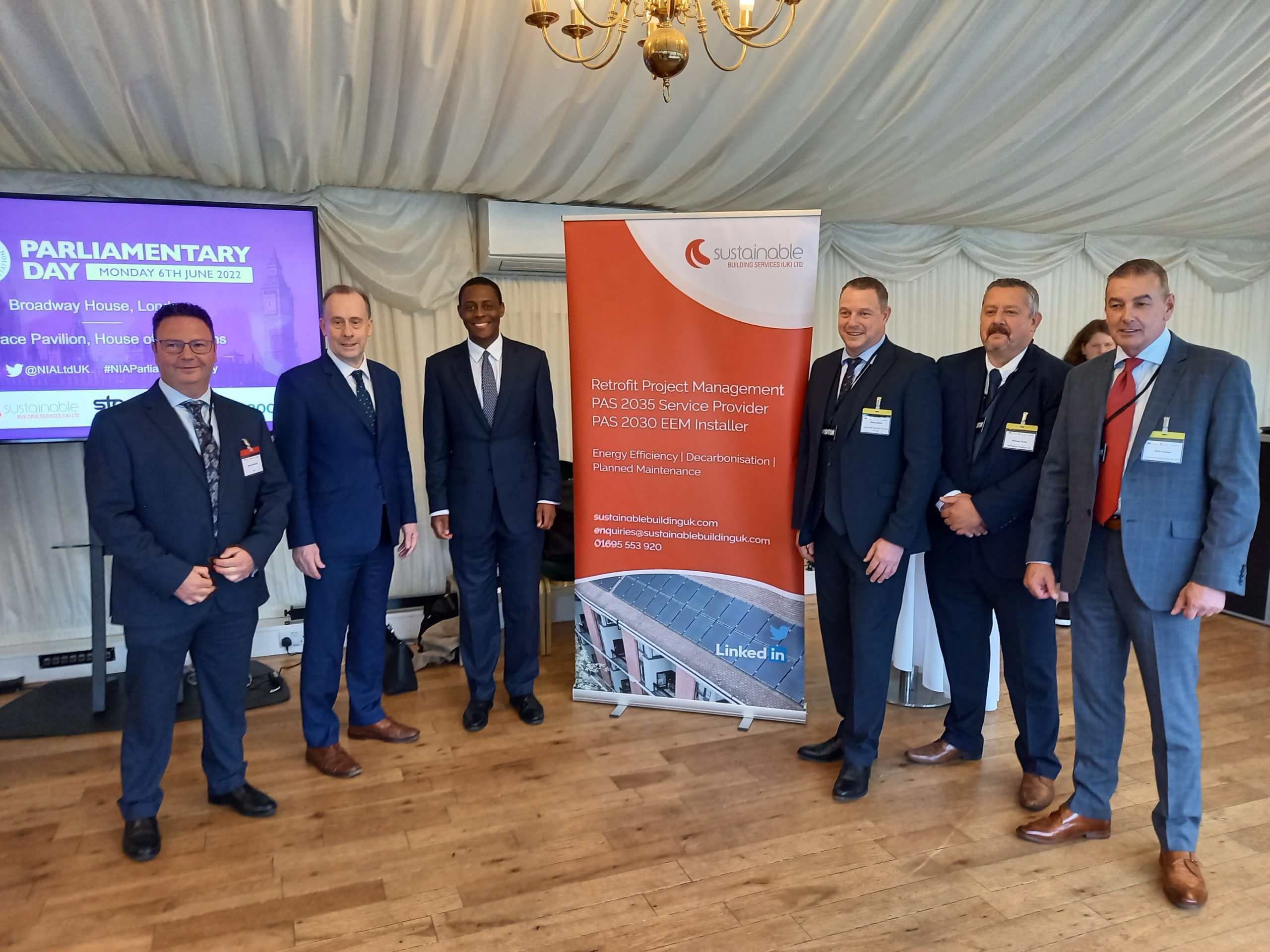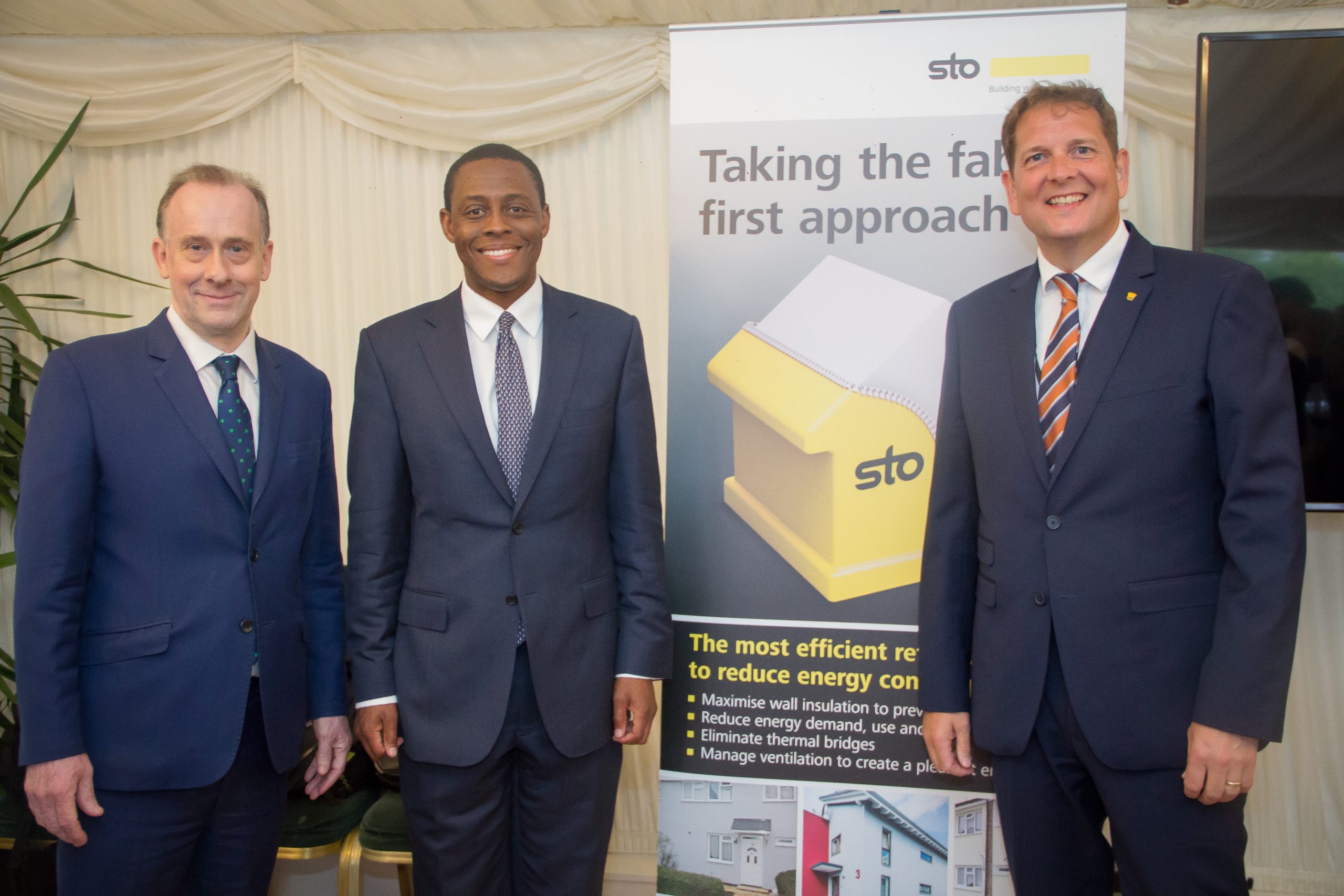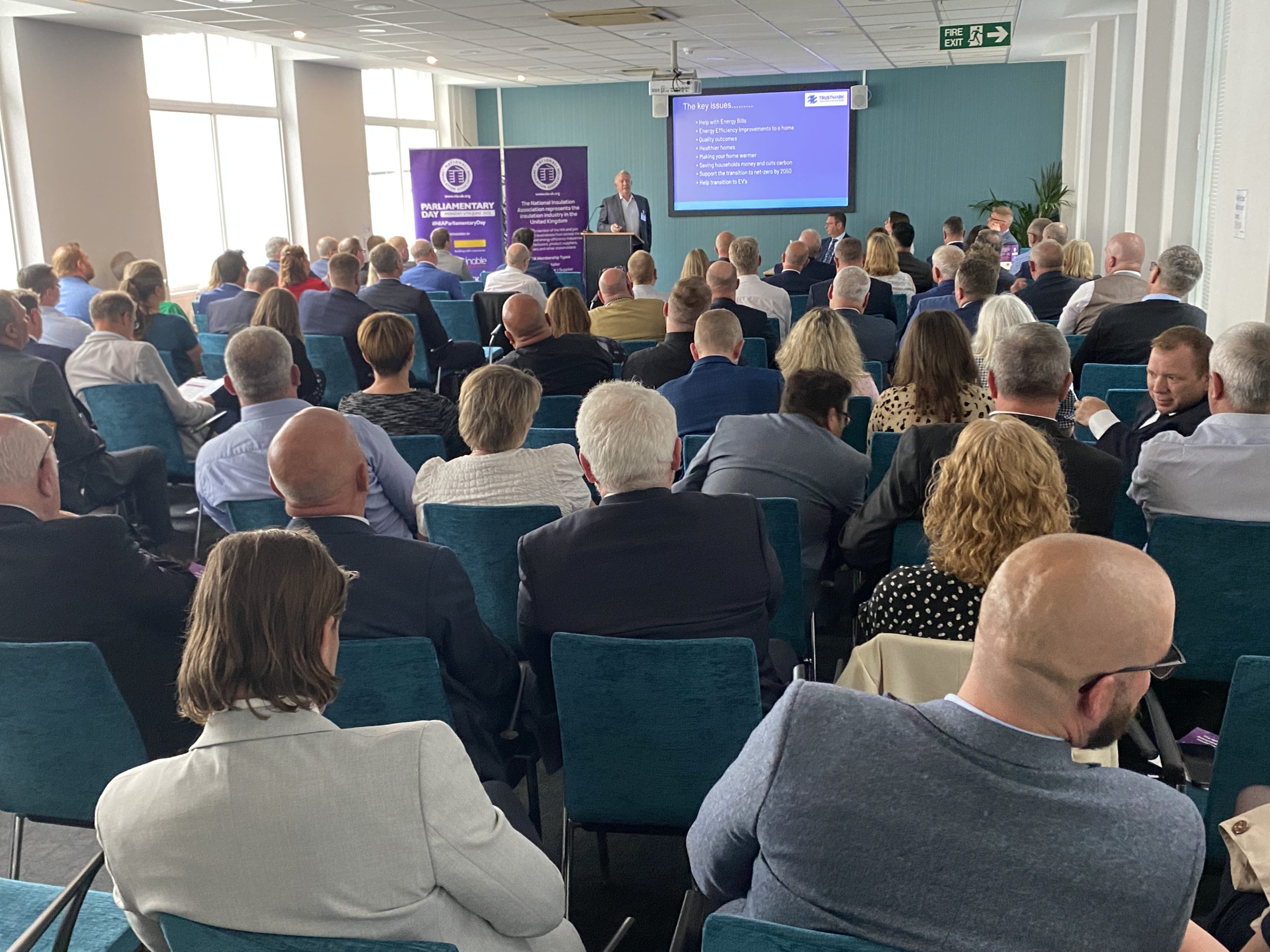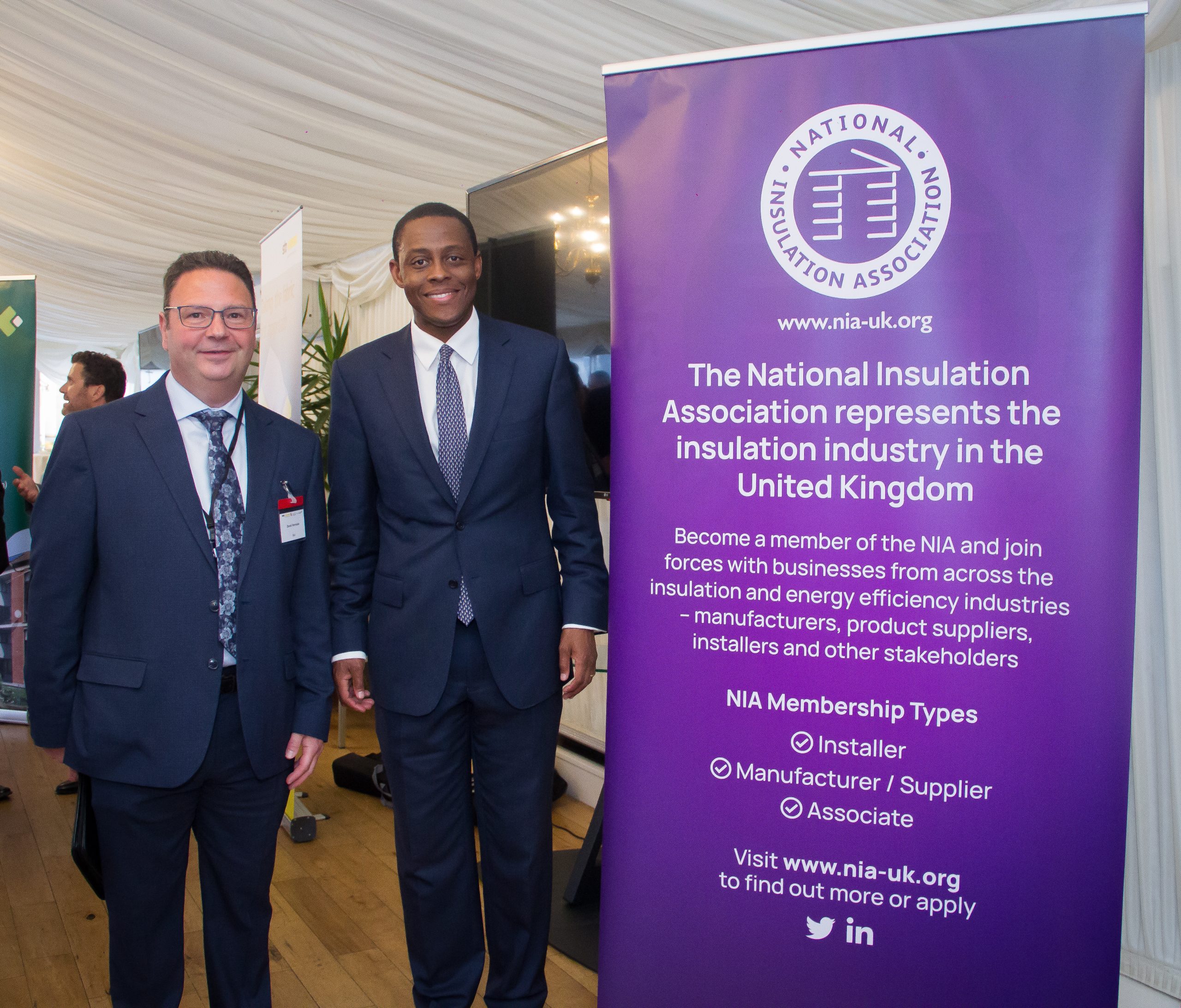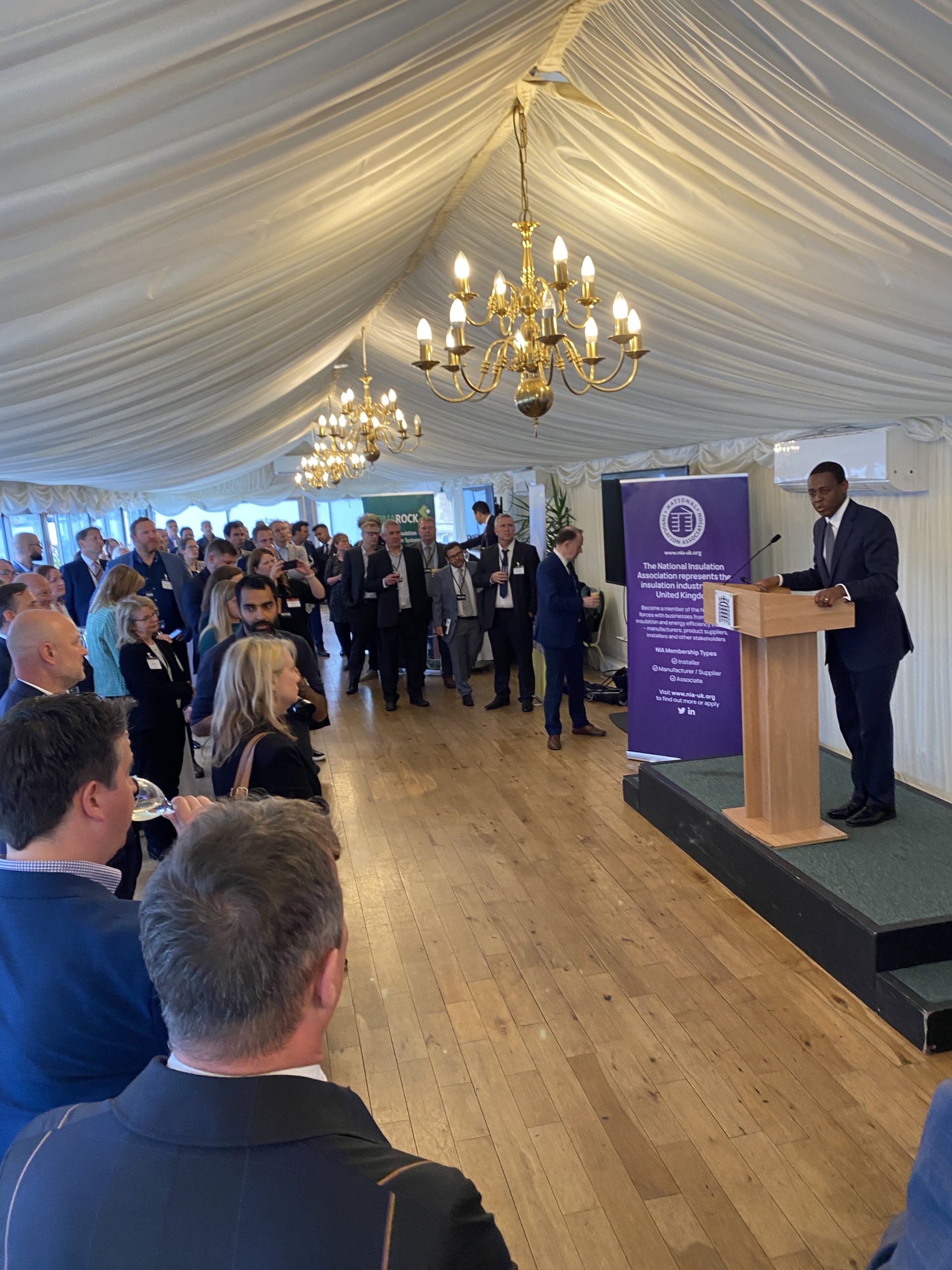
Fiona Chestnutt, Policy Advisor, featured on BBC Radio 4 'You & Yours' Energy Special
I was delighted to join Winifred Robinson on Radio 4’s ‘Yours and Yours’ on Monday 15th August, to speak on behalf of the National Insulation Association and talk about insulation.
The cost of energy prices has never been spoken about as much, and with rises of energy costs expected to further rise in October, and potentially into 2023, there is warranted concern amongst the population. Insulation is relevant to this debate, as it is one way to significantly reduce the energy demand of a property. This brings benefit to the homeowner, who needs less energy to heat the building, but also contributes to net zero and decarbonisation targets.
The NIA consists of industry experts, installers, system designers and product manufacturers. It promotes high quality insulation in terms of products and service, so that consumers get what they expect and deserve. One of the ways we do this is through our close relationship with the Department of Business, Energy and Industrial Strategy and actively responding to government consultations. To find out more about the NIA, please visit our website here.
I spoke to Winifred about the benefits of insulation, the various types, and how consumers go about making sure they are installing the right measure for their property, at the right level of quality so that they achieve the desired outcome. Step one would be for a consumer to find an accredited installer. The NIA has a postcode locator, where installers nearby can be located, many of which are accredited. The second step to add extra surety, would be to accrue a retrofit coordinator. This is an accredited professional who will undertake an audit of your property and advise of the correct measure that should be installed, as well as making sure the materials and service is accredited to the PAS 2035 standard. This essentially means that the necessary standards are being followed so that the homeowner experiences the desired outcome. To find a retrofit coordinator, please visit the Retrofit Academy website here.
Insulation is only set to become a more important form of energy efficiency measure for homeowners, and the NIA will support government to ensure that it is a viable means to deliver benefit to home owners and occupiers.
Click below to listen back to the episode on BBC Sounds.






